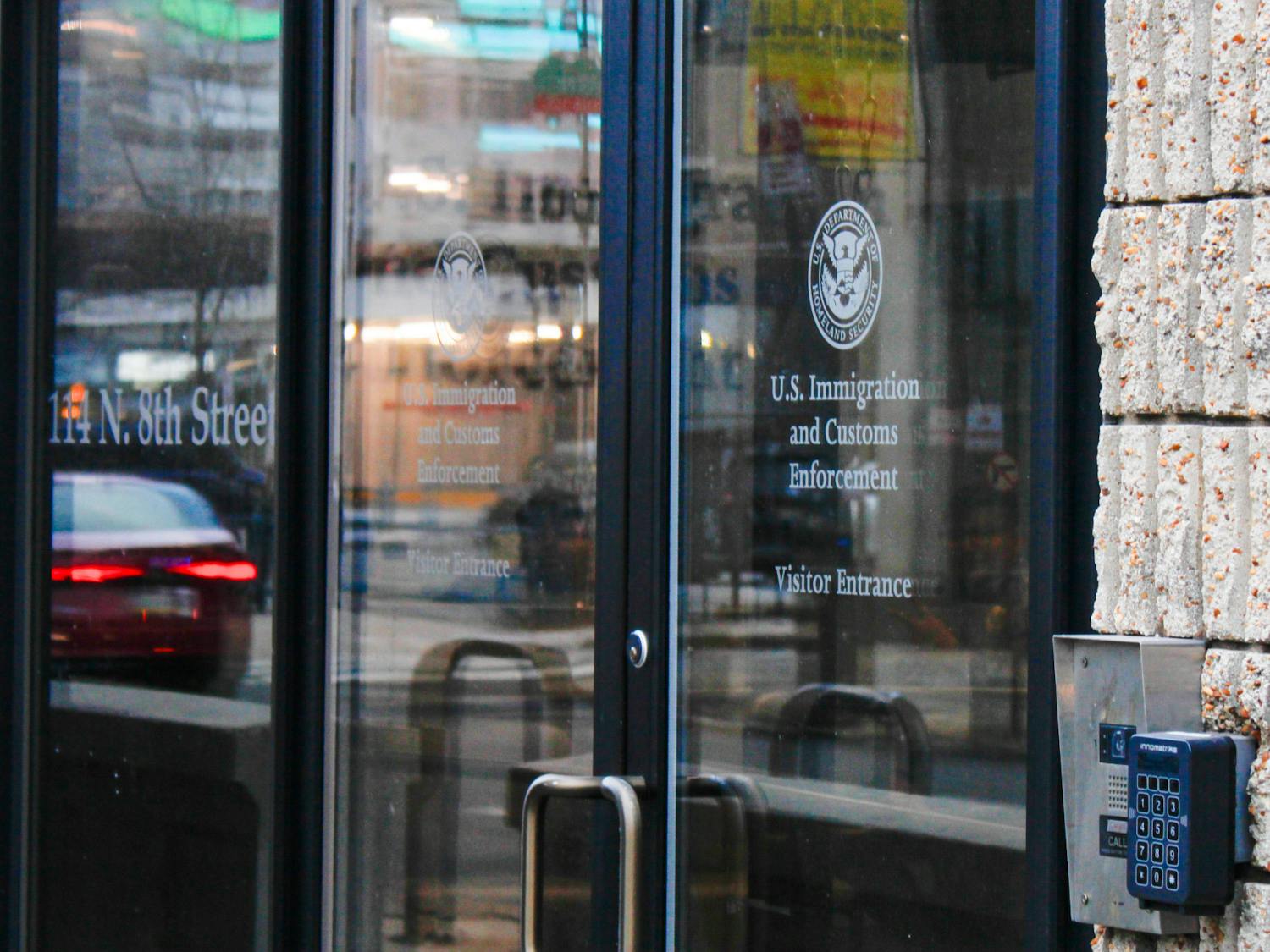Penn’s process of deciding whether or not to divest from fossil fuels is biased.
We will start by giving a quick update on our campaign. In February of 2015, Fossil Free Penn initiated a referendum, in which 87.8 percent of voting students voted in favor of divestment from fossil fuel holdings. Then, in October of this year, Fossil Free Penn submitted a proposal outlining the reasons supporting divestment to the Board of Trustees.
Soon after, it was deemed that there was enough evidence in support of divestment for an ad hoc committee on divestment to be formed. It is important to note that the Trustees’ guidelines mandate that this committee must remain impartial and critically examine all of the evidence on both sides.
After a delay releasing the names of the members of this committee, the University Secretary finally released the names on Monday, March 1. However, sadly, two members of this committee exhibit clear bias, a detail that jeopardizes the integrity of not just this committee, but the entire divestment consideration process.
Climate change is among the most pressing issues facing our world today. It is an issue that is extremely urgent and dire, and it is our responsibility as a university to do everything we can to counteract the effects of our changing climate.
However, biased members of the committee responsible for recommending the Board of Trustees to either vote for or against divestment can easily block any forward progress and have reason to, due to either ties to the fossil fuel industry or outspoken disagreement with divestment. The two members with clearly demonstrated bias on the ad hoc committee for divestment are David Roberts, chair and alumni representative of the committee, and Engineering senior Dillon Weber who will be serving on the committee. We are not attacking these members, just pointing out flaws in the sanctity of the committee itself.
First, committee chair David Roberts is the current chief operating officer and senior managing director of Angelo, Gordon & Co. Private Equity Group. According to its website, Angelo, Gordon & Co.’s energy lending strategy maintains a “focus on investments in oil and gas, oilfield service ... and other energy-related companies.” This means that Roberts has a personal stake in the fossil fuel industry through his affiliation with Angelo, Gordon & Co., as the company both invests in and is invested in the fossil fuel industry, displaying clear bias. Roberts is the current chair of the ad hoc committee and should therefore be the member with the least opportunity for bias, not the other way around.
The other member who displays clear bias against divestment is Dillon Weber. Weber has spoken out against divestment many times. Weber wrote articles and arguments against divestment from the fossil fuel industry in both the Penn Sustainability Review in 2015 and in The Statesmen Energy Issue in 2013.
In December 2015, Weber openly spoke out against divestment to the University Council at its Open Forum and, on December 3 of 2015, was quoted in an article by The Daily Pennsylvanian stating divestment is “not a good tool” and that divestment would be a “hypocritical and empty gesture.” Because Mr. Weber already made up his mind on divestment back in 2013, and has not issued a public recant since then, by definition it is impossible for him to “remain impartial.”
It is important to note that none of the other members have any publicly stated bias in favor of divestment. With some members of this committee so clearly biased against divestment, it is difficult not to question the legitimacy of an entire process designed to assess whether divestment is necessary. It is important to not only uncover the biases in the ad hoc committee, but also in other steps of the process including the Board of Trustees’ final vote on whether to divest.
Do we as a student body really want to put the future of our university and planet in the hands of those who are clearly biased against divestment, the most impactful and symbolic action that a university can take against climate change? For us, the answer is a resounding no.
ZACH RISSMAN is a College freshman and the current Student Outreach Co- Coordinator of Fossil Free Penn








